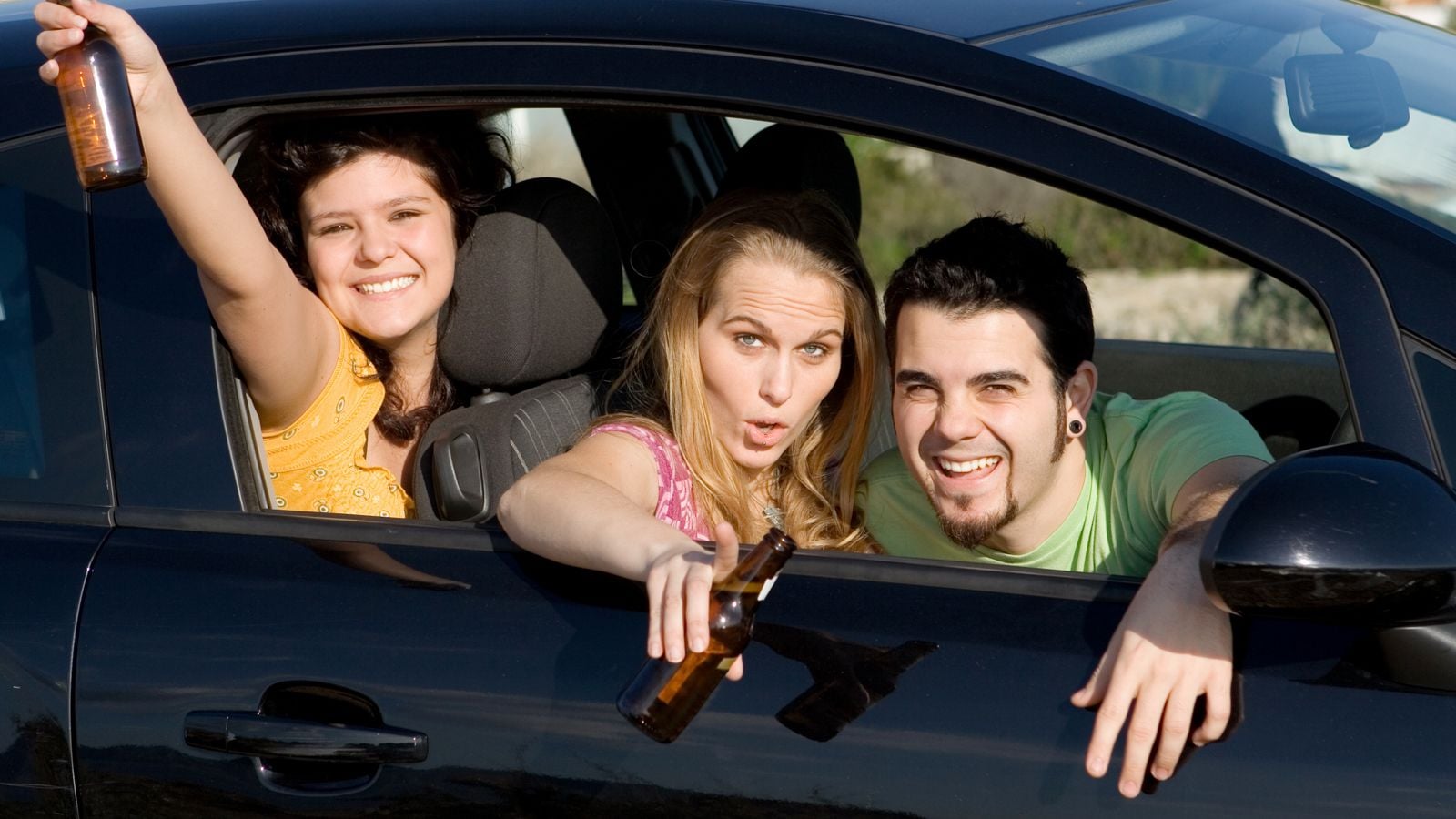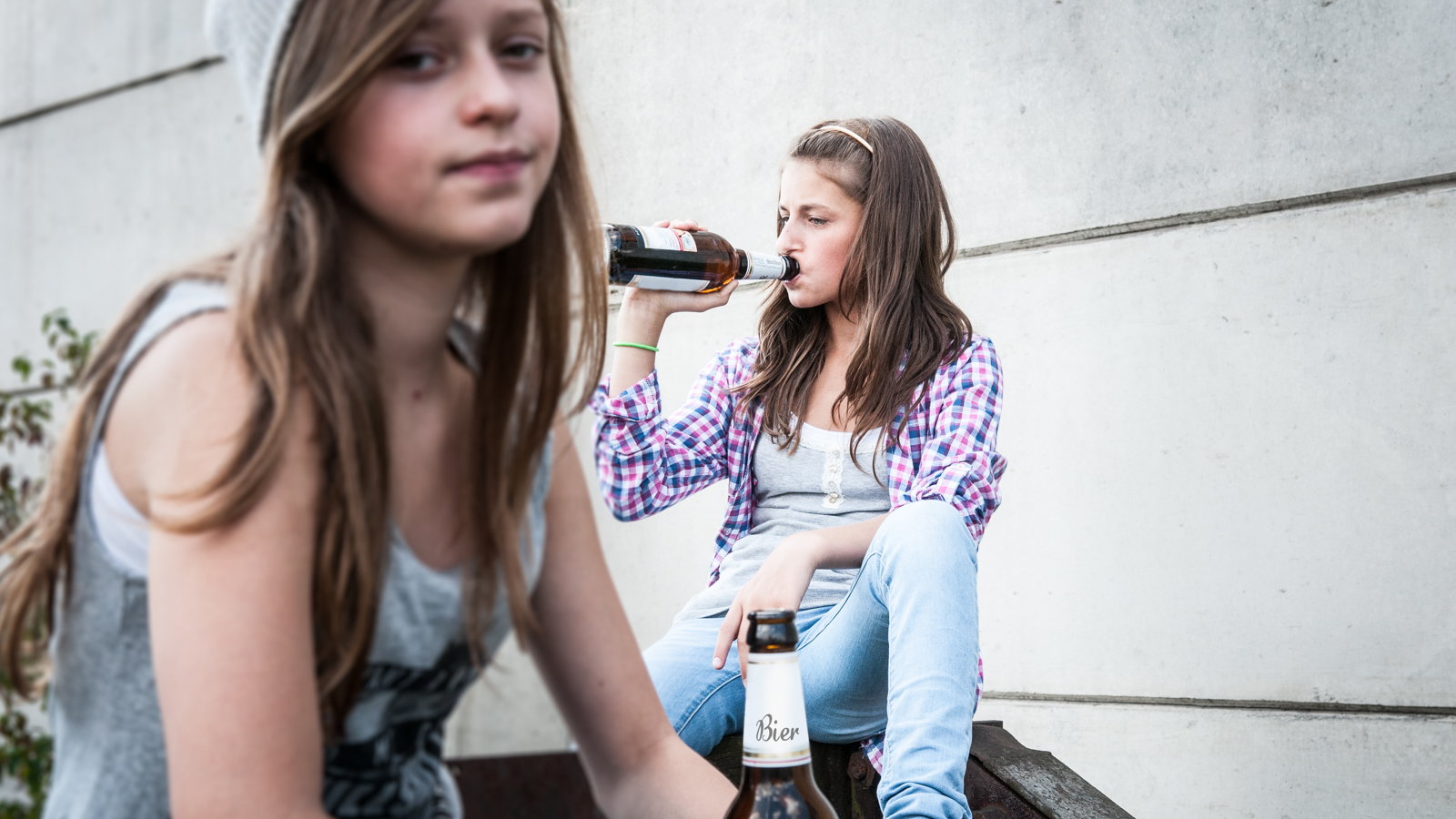
Underage drinking is a major issue among U.S. teens, according to the Centers for Disease Control and Prevention (CDC). Over 4,300 kids under the age of 21 die every year from the effects of alcohol consumption. Underage drinkers (kids between 12 and 20 years of age) are responsible for a staggering 11 percent of all the alcohol consumed each year in the U.S. Additionally, the CDC reports that most of this underage drinking involves risky binge drinking, where large quantities of alcohol are consumed over a short period of time.
Considering the near-epidemic proportions of alcohol abuse among teens and preteens, what can parents do? Prevention is a key component of helping kids stay away from alcohol until they are of age.
Find Out if Your Preteen or Teen Is Drinking
While most parents do not allow their underage kids to drink alcohol, that doesn't mean they won't have access to it. In fact, the forbidden and illegal nature of drinking may make it more alluring. Sadly, there are always adults who are willing and available to provide alcohol to underage kids. If you suspect that your teen or preteen has been drinking alcohol, it's important to take immediate steps to removing it from their lives. Studies have shown that as kids' brains develop, exposure to drugs and alcohol causes permanent damage to brain development. Is your preteen or teen drinking? Look for these signs, from the National Institute on Alcohol Abuse and Alcoholism:
Your child suddenly seems to have academic and/or behavioral problems in school
You're noticing that there have been changes to her group of friends
He suddenly seems less interested in his usual activities and/or in his physical appearance
You've smelled alcohol on her breath or have found alcohol among her belongings
There are signs of drunkenness like slurred speech, coordination problems, and issues with memory and/or concentration
Risks of Underage Drinking
Underage drinking has a number of very serious risks, including permanent brain damage. Experts have noted that when underage kids drink, the alcohol blocks certain vital brain connections from forming. This can lead to issues that affect them long term, in areas like relationship development, learning, reasoning and judgment, emotional balance and more.
Other risks include:
Serious or life-threatening injuries - Did you know that in 2008 (the last time the count was taken, according to the National Institute on Alcohol Abuse and Alcoholism), more than 190,000 kids were rushed to the ER for alcohol-related injuries?
Judgment/reasoning problems - Kids who drink make very bad decisions. While under the influence of alcohol, kids have been shown to engage in risky behaviors like drinking and driving, drug use, acts of violence, and sexual activities. Additionally, kids who drink are more likely to be sexually assaulted.
Death - Thousands of teens and preteens die annually from alcohol-related issues like automobile crashes, suicide, assault or murder, alcohol poisoning, and other accidents like falling, burns, and drowning.
Addiction - Kids who drink before their brains have fully developed have a significantly higher likelihood of becoming alcoholics because their still-developing brains may continue to crave alcohol.
Talking to Your Kids
Sadly, 50 percent of kids aged 15 and older have already tried alcohol. Even experts note that preventing underage drinking is difficult and complex. Some tips for preventing your kids from getting access to alcohol include:
Making it difficult or impossible for them to acquire alcohol, including knowing their friends (and their friends' parents) and knowing where they are at all times
Keep an open dialogue about drinking and why age limits are set
Support local community projects that address this issue
Be a positive role model and, if you drink, do so responsibly, away from your kids
Keep your kids away from parties where alcohol may be served
Be actively involved in your kids' lives, since studies show that kids with engaged parents are less likely to drink


